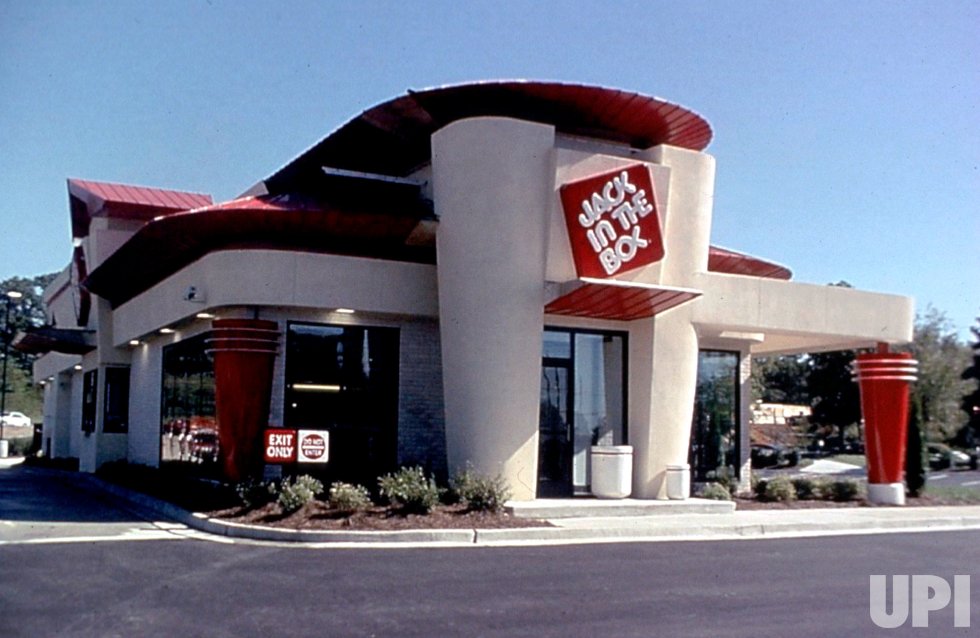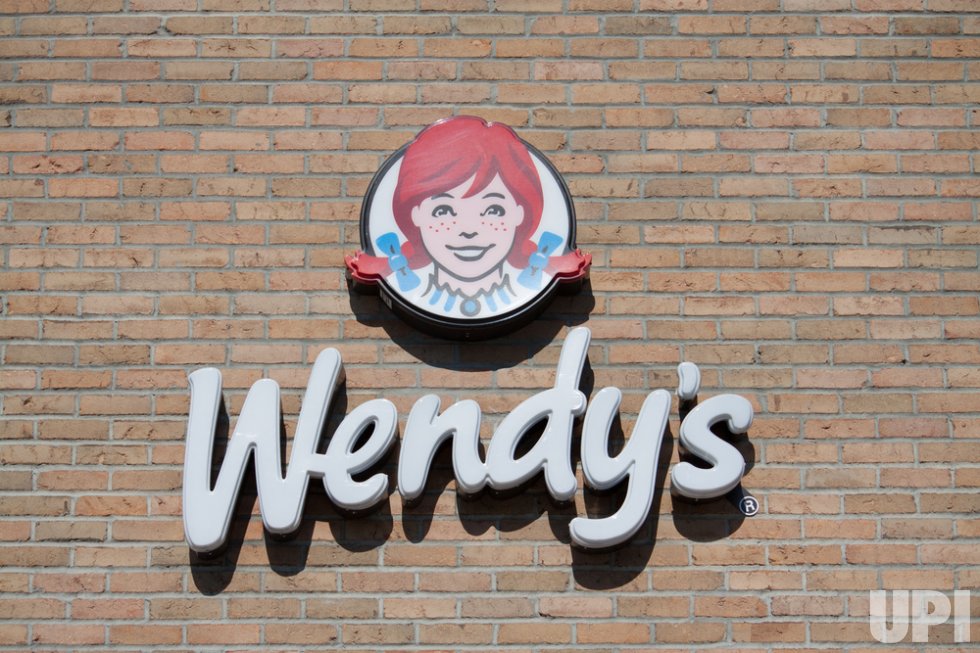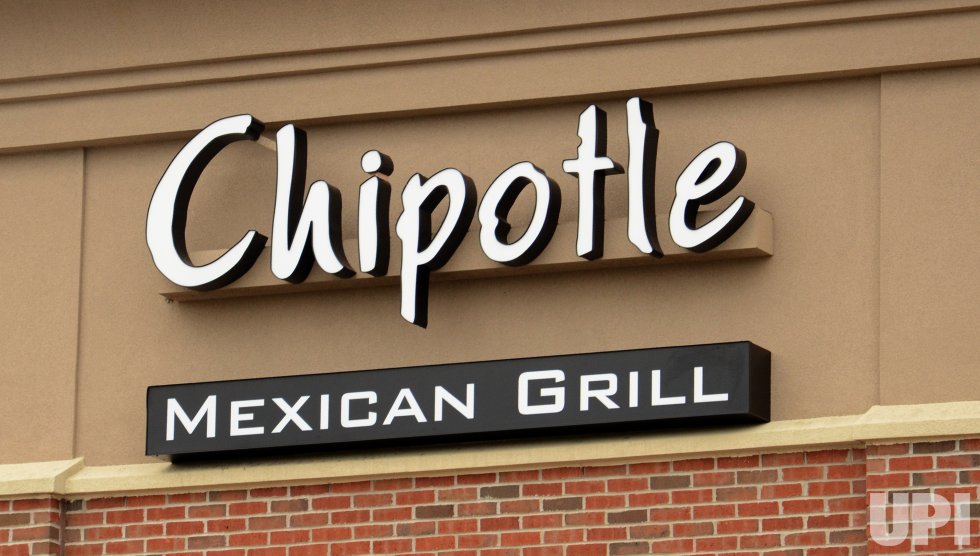In November, Chipotle temporarily closed 43 restaurants in Washington state and Oregon after dozens of diners reported falling ill, contributing to an outbreak that now spans nine states and hundreds of possible cases. From 1998 to 2014, the U.S. Centers for Disease Control and Prevention identified dine-in or drive-up fast-food restaurants as the source of 365 E.coli outbreaks, including 5,624 illnesses, 533 hospitalizations, and three deaths. Here's a list of some of the largest and most publicized food-borne disease outbreaks at U.S. restaurants.
McDonald's (1982)

Photo by Kevin Dietsch/UPI
Nearly 50 people in Oregon and Michigan fell ill after eating burgers at McDonald's. The confirmed outbreak was the first time E. coli O157:H7 was linked to food poisoning, but wouldn't be the last time ground beef would be recalled for outbreaks of the dangerous pathogen, including Topps Meat Co. recalling nearly 22 million pounds in 2007 and Con Agra Foods pulling nearly 20 million pounds of ground beef in 2002.
Advertisement
Advertisement
Jack-In-The-Box (1993)

Photo by UPI
The 1993 Jack-in-the-Box outbreak occurred when more than 500 people became infected after eating undercooked beef patties associated with 73 restaurants in Washington, Idaho, California, and Nevada. Four children died and hundreds of customers were left with permanent injuries, including kidney damage, resulting in numerous lawsuits.
Burger King (1997)

Photo by Mark Van Scyoc/Shutterstock
Burger King officials were forced to sever ties with Arkansas-based beef processor Hudson Foods after it recalled over 25 million pounds of meat, including hamburger patties, that made 16 people ill in Colorado because of food contamination. Before discovering the source of the outbreak, 650 restaurants in 28 states, or one out of four Burger Kings, had to take burgers off the menu.
Related
Kentucky Fried Chicken (1999)

Photo by Stephen Shaver/UPI
In July of 1999, public health officials confirmed four Cincinnati-area Kentucky Fried Chickens were to blame for an outbreak of E. coli that led to 18 illnesses and at least 11 hospitalizations. Investigators identified poorly prepared coleslaw as the source of the contamination.
Advertisement
Sizzler (2000)

Photo by Stephen Shaver/UPI
Two Sizzler restaurants in Wisconsin were responsible for 64 confirmed cases of E. coli and dozens of hospitalizations. Four patients developed hemolytic uremic syndrome, or HUS, a serious illness that can result in kidney failure. One child died. Officials linked the contamination back to watermelon, which was cross-contaminated with raw meat products. Eight years later, the family of the 3-year-old girl who died from exposure at a Sizzler restaurant reached a $13.5 million settlement with the company's meat supplier.
Wendy's (2006)

Photo by Rob Wilson/Shutterstock
In 2006, Utah's Weber-Morgan Health Department announced that iceburg lettuce served to patrons of Wendy's restaurants was the culprit of an E. coli outbreak in Utah. The contaminated lettuce resulted in numerous illnesses and at least three severe cases of HUS.
Taco Bell (multiple)

Taco Bell sign on the front of a store. Photo by dcwcreations/ Shutterstock.com
In December, 2006, 71 illnesses linked to Taco Bell were reported to the CDC from five states: New Jersey, New York, Pennsylvania, Delaware, and South Carolina. Investigations indicated shredded lettuce was the likely source of the outbreak. Two years later, all Taco Bell restaurants in Philadelphia were temporarily closed and green onions removed from all 5,800 of its U.S. restaurants after tests indicated they were to blame for an E. coli outbreak that sickened at least five dozen people in New Jersey, New York and Pennsylvania.
Advertisement
Jimmy John's (multiple)

Photo by digitalreflections/Shutterstock
In 2013, the Colorado Department of Public Health and Environment identified nine cases of E.coli O157:H7 in the Denver area linked to the consumption of Jimmy John's sandwiches containing cucumbers imported from Mexico. This wasn't the first time Jimmy John's, based in Champaign, Ill., has been linked to an outbreak. Since 2008, the sandwich chain has been cited for serving contaminated sprouts at least five times.
Federico's Mexican Food (2013)

Photo by Federico's Mexican Food/Facebook
According to the Maricopa County Department of Public Health, more than 90 people fell ill, including 24 children, with E. coli after eating food prepared at Federico's Mexican Food in Arizona in 2013. At least 23 were hospitalized, some with HUS. Authorities identified contaminated lettuce as the likely source of the outbreak.
Chipotle (2015)

Photo by Susan Montgomery/Shutterstock
As of December, 2015, the CDC has reported 53 cases of E. coli and at least 20 hospitalizations in nine states linked to Chipotle Mexican Grill Restaurants. The outbreak began and peaked in October, with ages of those infected ranging from 1 to 94 years old, with a median age of 21. To date, there have been no hospitalizations or reports of HUS. The investigation has yet to reveal the specific food source linked to the outbreak, due to the geographical diversity of the cases.
Advertisement














